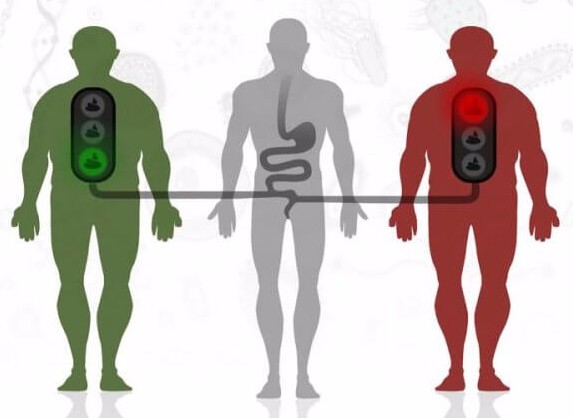A small clinical trial in the Netherlands has found that a fecal transplant from a lean donor can temporarily improve diabetes symptoms in obese men.
Research published in Cell Metabolism from the University of Amsterdam has found that a fecal transplant from lean men to obese men can cause a short-term improvement in insulin resistance. This is when cells in the body stop responding correctly to insulin, and it is often a precursor to type 2 diabetes. Researchers were also able to predict the success of a transplant depending on the patient’s ‘gut-bacterial makeup’. The hope is that this research could be translated into personalized fecal transplants for diabetics.
In type 2 diabetes, the body cannot use the insulin that it produces effectively. Its occurrence worldwide has risen rapidly from 108 million in 1980 to 422 million in 2014, and it is strongly correlated with increasing obesity and physical inactivity. Current treatments include supplementary insulin and blood pressure control.
The study recruited 38 obese men with metabolic syndrome, a condition where patients suffer from high blood pressure, high blood sugar and excess fat. Six weeks after transplant, 50% of patients responded to the treatment. Upon analysis of the patients’ pre-treatment microbiota, the researchers realized that non-responders started off with less bacterial diversity in their microbiomes. The group believes it is possible to predict the success of a fecal transplant by analyzing the patient’s microbiome, which could hold the key to a personalized fecal transplant.

The effect of this treatment eventually wore off, and the microbiomes of patients returned to normal within 3 months. So, the challenge now is to find a way to extend the beneficial effects. If this can be done, fecal transplants offer a potential treatment for the millions of people now living with type 2 diabetes.
The group’s research suggests a way to stall the progress towards type 2 diabetes. If the approach can be developed to have more long-lasting effects or a repeat treatment can be developed, it could become a preventative measure that would go one step further than the rest of the field.
There is no shortage of research in this area, with Novo Nordisk announcing positive Phase III results for its candidate, semaglutide, which outperformed Eli Lilly’s dulaglutide. Also, Boehringer Ingelheim and Zealand are enjoying a fruitful partnership that has produced two candidates that have entered Phase I trials. Surely one of these will make it!
Images – Eviart / shutterstock.com; Kootte et al 2017





